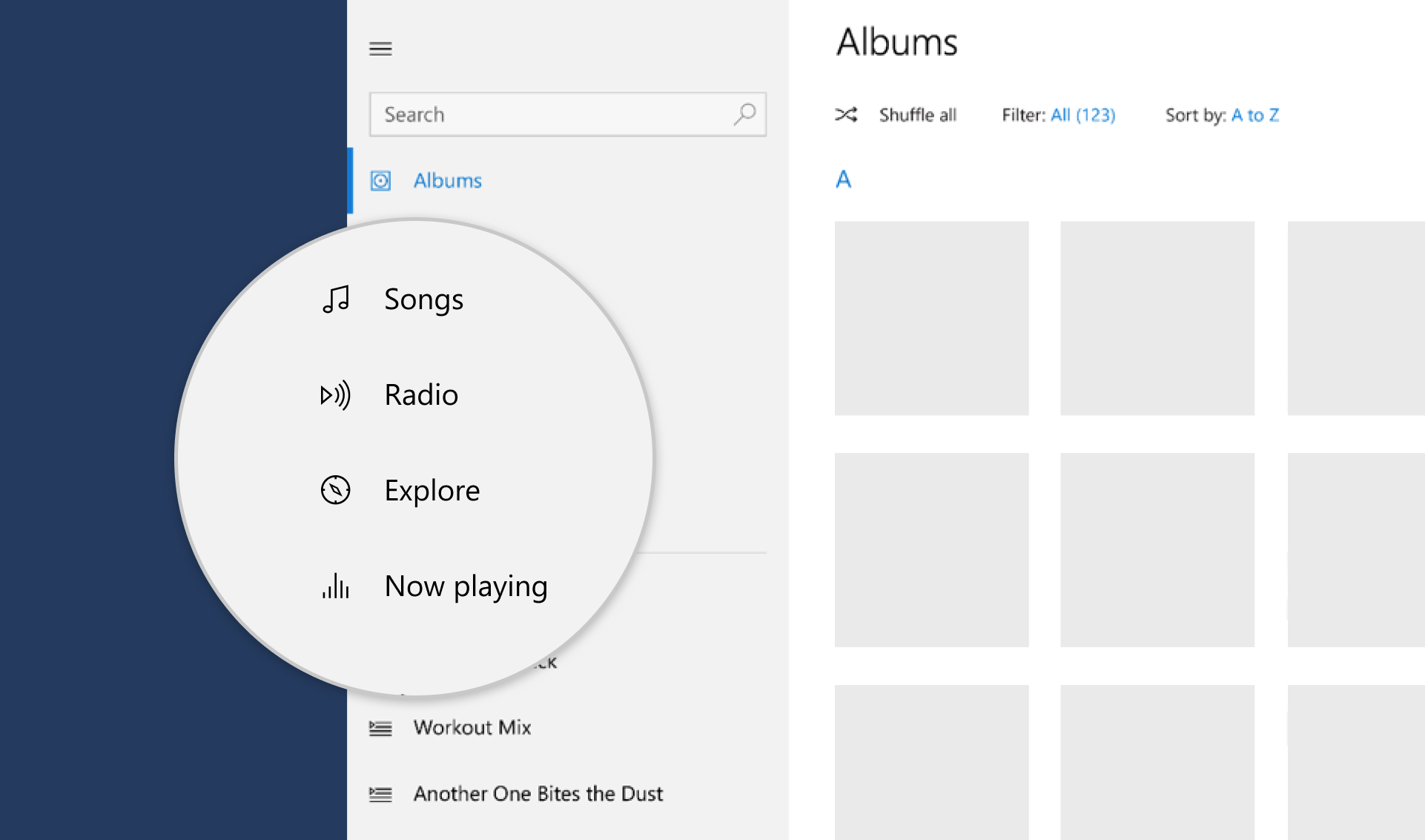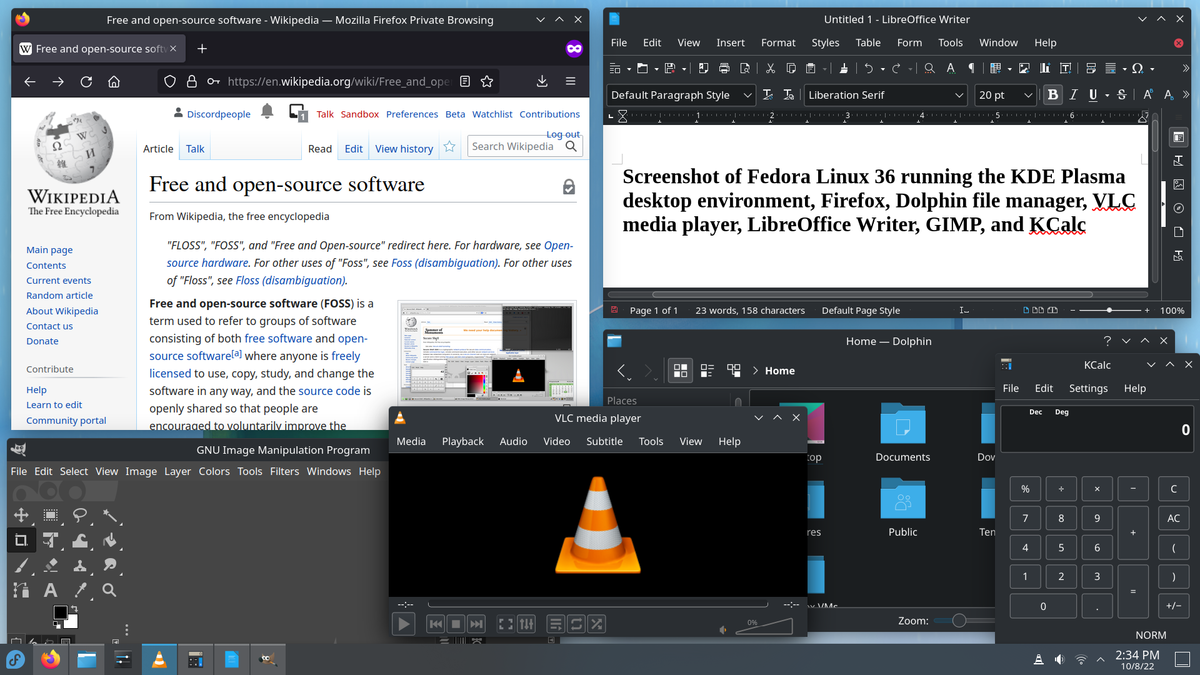In this article, I will discuss the availability of FreeImage.dll for free download and the various formats it supports.
Source and Library Distribution
To download the FreeImage.dll library, follow these instructions:
1. Visit the official website of FreeImage.
2. Locate the download section on the website.
3. Look for the FreeImage.dll file and click on the download link.
4. Choose the appropriate version of FreeImage.dll for your operating system (e.g., Windows, Linux).
5. Save the downloaded file to your computer.
Once you have downloaded the FreeImage.dll file, you can use it in your computer programs by following these steps:
1. Open your preferred development environment (e.g., Visual Studio, Delphi).
2. Create a new project or open an existing one.
3. Add the FreeImage.dll file to your project’s dependencies or libraries.
4. Make sure to include the necessary include directives in your source code to use the functions provided by FreeImage.dll.
5. Build and run your project to test the integration of FreeImage.dll.
It is important to note that the FreeImage.dll library is distributed as freeware. This means that it is available for use free of charge, but certain restrictions may apply. Be sure to review the copyright notice and warranty information included with the library.
Supported Formats:
FreeImage.dll supports a wide range of image formats, including but not limited to:
– Bitmap (BMP)
– Portable Network Graphics (PNG)
– Joint Photographic Experts Group (JPEG)
– Tagged Image File Format (TIFF)
– Graphics Interchange Format (GIF)
– Windows Icon (ICO)
– Wireless Application Protocol Bitmap Format (WBMP)
– Adobe Photoshop (PSD)
– OpenEXR
These formats cover both common and specialized image types, allowing you to work with a variety of files in your applications.
By using FreeImage.dll, you can easily manipulate and process images in your software projects. Whether you are working on a personal computer application or a system administrator managing image-related tasks, FreeImage.dll provides a powerful and versatile solution.
Remember to consult the FreeImage.dll documentation and FAQ for more information on specific functions and usage scenarios. If you encounter any errors or issues, refer to the error messages provided by the library or seek support from the FreeImage community.
Documentation and Guides
Once you have downloaded the FreeImage.dll file, it is important to have proper documentation and guides to help you understand how to use it effectively. This section will provide you with the necessary information to get started.
Installation: Before you can start using FreeImage.dll, you need to install it on your computer. Follow these steps for a successful installation:
1. Locate the FreeImage.dll file that you downloaded.
2. Copy the file to the appropriate system folder on your Windows operating system. This folder can vary depending on your system configuration.
3. Register the FreeImage.dll file in the Windows Registry using the regsvr32 command.
Supported Formats: FreeImage.dll supports a wide range of file formats. Some of the supported formats include:
– PNG
– JPEG
– TIFF
– BMP
– GIF
– ICO
– PSD
– HDR
– RAW
Usage: Once you have installed FreeImage.dll, you can start using it in your application. Here are some important points to keep in mind:
– Include the FreeImage header file in your code using the #include directive.
– Link your application with the FreeImage library.
– Use the appropriate functions provided by FreeImage.dll to perform image processing tasks.
Example: Here is a simple example of how to load and save an image using FreeImage.dll in C++:
“`cpp
#include
int main() {
// Load an image
FIBITMAP* image = FreeImage_Load(FIF_PNG, “image.png”, 0);
// Process the image
// Save the image
FreeImage_Save(FIF_PNG, image, “output.png”, 0);
// Cleanup
FreeImage_Unload(image);
return 0;
}
“`
FAQ and Support: If you have any questions or issues with FreeImage.dll, you can refer to the FAQ section on the official website for answers to common queries. Additionally, there is a support forum where you can ask for help from the community.
Remember to check the licensing terms and copyright information associated with FreeImage.dll before using it in your application. It is important to comply with all legal requirements to avoid any potential legal liability.
C# Integration and Usage
To integrate and use FreeImage.dll in your C# project, follow these steps:
1. Download FreeImage.dll: First, download the FreeImage.dll library from a trusted source. Make sure you are downloading the correct version for your system.
2. Add FreeImage.dll to your project: In Visual Studio, right-click on your project in the Solution Explorer and select “Add” > “Existing Item”. Browse to the location where you saved the FreeImage.dll file and select it. Click on the “Add” button to include it in your project.
3. Set the Copy to Output Directory property: Select the FreeImage.dll file in your project and go to the Properties window. Set the “Copy to Output Directory” property to “Copy if newer” or “Copy always” so that the DLL is included when you build your project.
4. Import the FreeImage namespace: In your C# code file, add the following line at the top to import the FreeImage namespace:
“`
using FreeImageAPI;
“`
5. Start using FreeImage functions: You can now start using the functions provided by FreeImage in your C# code. Refer to the FreeImage documentation or examples to learn about the available functions and how to use them.
Remember to handle any exceptions that may occur during the usage of FreeImage functions and handle them appropriately in your code.
It is important to note that FreeImage.dll supports a wide range of image formats, including but not limited to BMP, JPEG, PNG, TIFF, GIF, and ICO. You can use FreeImage to load, manipulate, and save images in these formats.
Make sure to test your application thoroughly and ensure that it works as expected with different image formats and scenarios.
Latest Release Information

- Version 3.18.0: The latest release of FreeImage.dll
- Provides support for a wide range of image formats
- Includes bug fixes and performance improvements
- Compatible with Windows operating systems
- Supports popular formats such as JPEG, PNG, GIF, and BMP
- Offers advanced image processing capabilities
- Enables image manipulation, conversion, and editing
- Open-source and free to download

Supporting Libraries and Versions
| Library | Version |
|---|---|
| FreeImage | 3.18.0 |
| LibJPEG | 9.3.0 |
| LibPNG | 1.6.37 |
| LibTIFF | 4.1.0 |
| OpenEXR | 2.5.2 |
| ZLib | 1.2.11 |
F.A.Q.
How to install FreeImage DLL?
To install the FreeImage DLL, you can follow these steps:
Copy the FreeImage.dll file from the Dist folder in the downloaded Zip file.
Paste the FreeImage.dll file into the C:\Windows\System32 folder. For x64 bit operating systems, use the C:\Windows\SysWOW64 folder instead.
Copy the FreeImage.lib file from the Dist folder in the Zip file.
Paste the FreeImage.lib file into the C:\Program Files(x86)\Microsoft Visual Studio #\VC\Lib folder. Replace # with the appropriate version number of Visual Studio.

